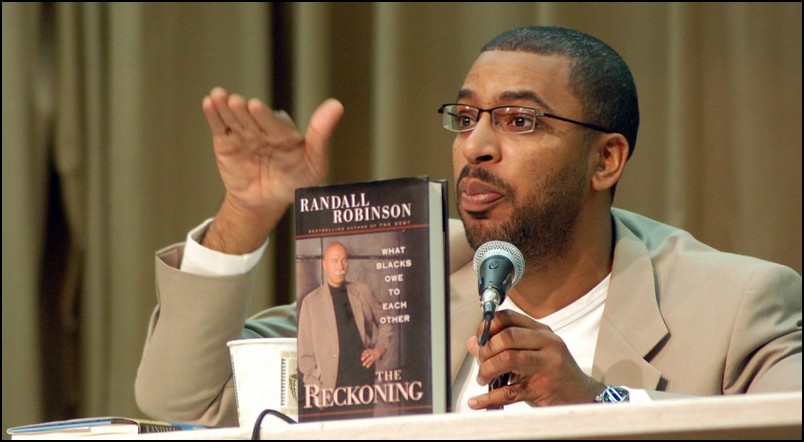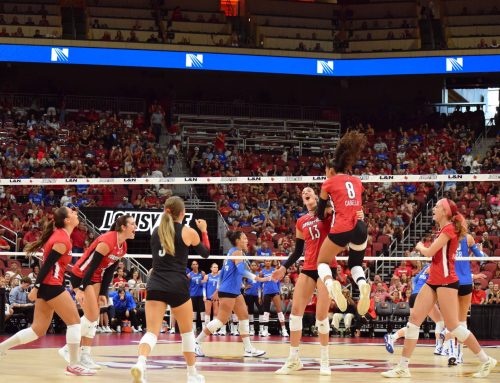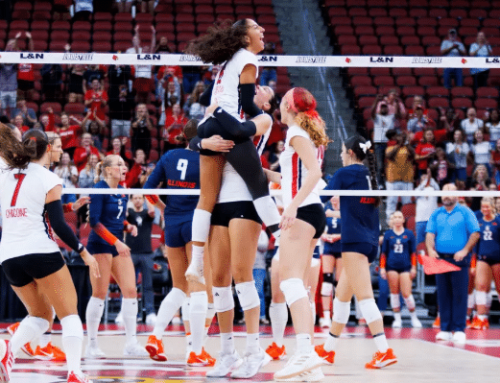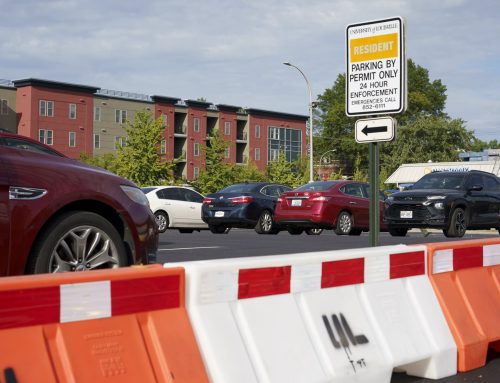In front of about 100 people on April 6, freshman debater Rosie Washington launched into a rhythmic recitation of rhetoric regarding segregation reparations. Washington’s unique delivery, spliced with a clip of a Lauryn Hill song, opened what would conclude as an atypical debate.
Thursday’s debate about whether African-Americans should abandon strategies to acquire reparations for slavery and segregation was the last installment of the 2005-06 public debate series, and deviated from the traditional debate structure of alternating speeches and cross-examination.
“Outside of the debate community proper, people don’t really understand that [traditional debate] format and it gets a little boring,” said moderator Dr. Ricky Jones.
The affirmative stance, that African-Americans should abandon strategies for acquiring reparations, was argued by Washington and graduate student Daryl Burch, and the opposition was argued by senior political science major Phillip Bailey and junior pan-African studies major Shauntrice Martin.
Bailey said he hoped the debate raised students’ awareness of the reparations movement, or at least got them talking. “This is a college campus,” he said. “One of the things we like to do here is talk.”
After a speech from each side, Jones posed questions to the debaters-turned-panelists and then allowed audience members to do the same.
Prominent African-American movement scholar Randall Robinson, who was originally scheduled to speak after the debate, wasn’t present at the debate but instead spoke later in the evening at a separate event.
Junior communication major Tara Teeter, who was one of several audience members to address the panel, said the discussion allowed her to see others’ opinions and provided information about the reparations movement.
Ultimately, neither side was declared the winner.
“I didn’t see this as an opportunity just to decide which team won,” Jones said. “I saw it as an opportunity to really start some discussion.”
“People came [to the debate] with a general idea of where they stood,” said Brandon Herring, junior communications major. “I don’t think either side made a significant enough argument to sway anyone to the other side; that’s what I would call winning a debate – pulling people to your side.”
Burch, too, said many audience members probably had opinions about reparations prior to the debate. He said that while such people might not change their minds as a result of persuasive speaking, “they got out of [this debate] the ability to see how the education system can allow for intellectual discussions on important matters without being dogmatic, bigoted or disrespectful to others’ ideas.”
All of what was accomplished aligns with the purpose of the public debate series.
“The goal is to bring important issues to the community, but also to demonstrate the abilities of the debaters that we develop in our program,” said debate team Coach Dr. Ede Warner.
Tiffany Dillard, debate program director, said that U of L’s debate team started playing music during debates in 2001. Now, debaters such as Washington employ singing and poetic styles in their speeches.
Dillard said that such alternative styles are “a component that we’ve added to the competitive arena, and sometimes we like to show it.” She added that the public debate series allows the campus community, which can’t attend the team’s competitions, to see what the team does.
Next year, however, Warner hopes to have close to 20 members. There will also be a public debate series next year.
“I think [the public debate series] went really well,” Dillard said. She said that next semester’s schedule is open, and that the topics will be discussed and determined over the summer.






